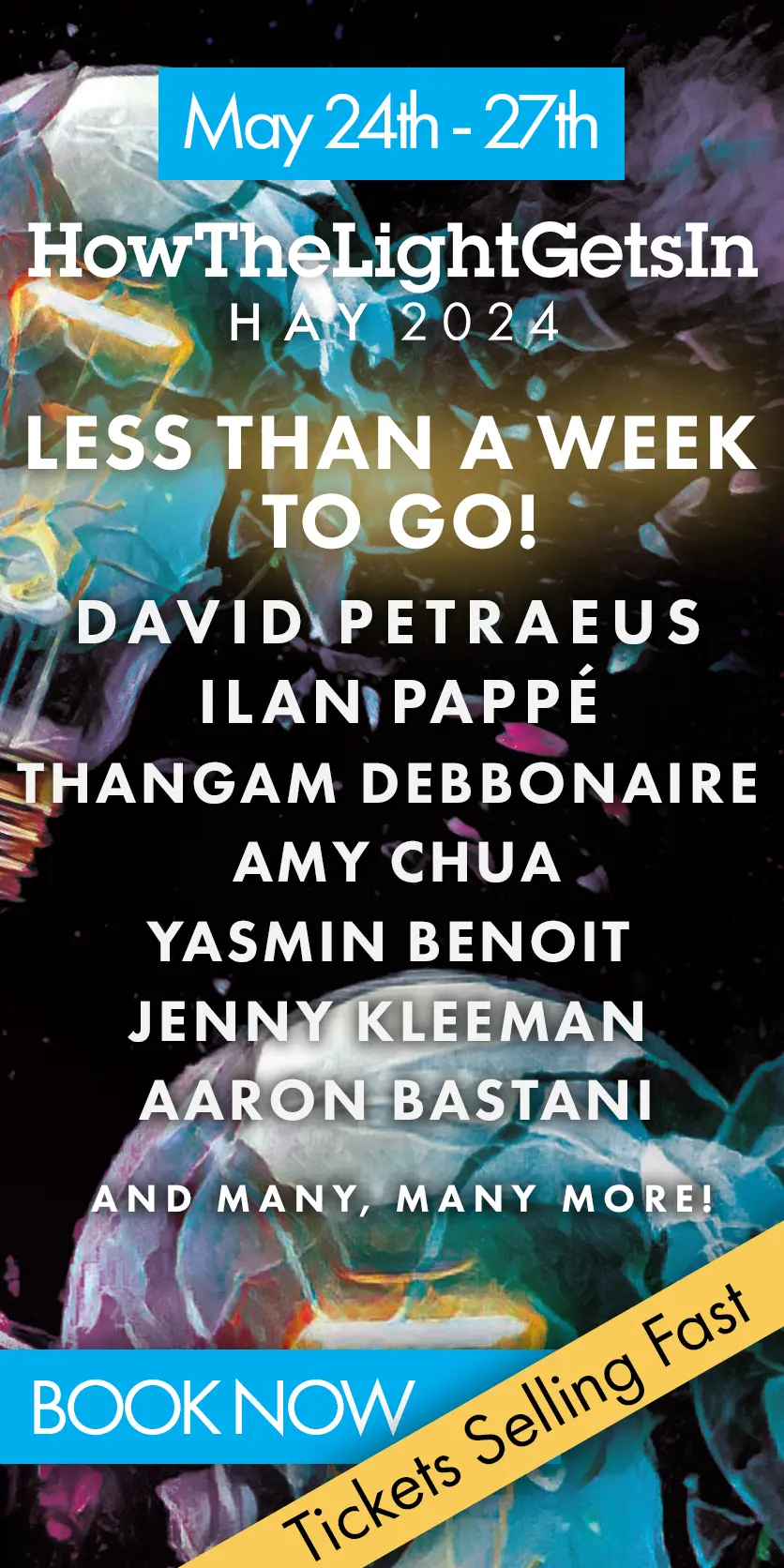A strong, rigid identity is commonly understood as a strength. However, the very idea of a fixed identity is premised on a philosophical myth: having a complete, all-encompassing account of The Truth, a worldview. Once we realise that we can recognise the imperative for having one, consistent identity as a relic of an ancient, eccentric ethical ideal, argues Raymond Geuss.
One of the earliest, and still, in many ways, one of the most vivid, literary representations of what has now come to be called ‘identity politics’ is Robert Musil’s novel, first published in 1930, Man without qualities. The novel is set in Vienna during the period immediately before the outbreak of the First World War, and the central character, Ulrich, to his dismay, finds himself surrounded by people with strong fixed ‘qualities’ (we would say ‘identities’): feudal Catholics, socialists, people with strong commitments to Science, to The Law, to Commerce, or to A













Join the conversation